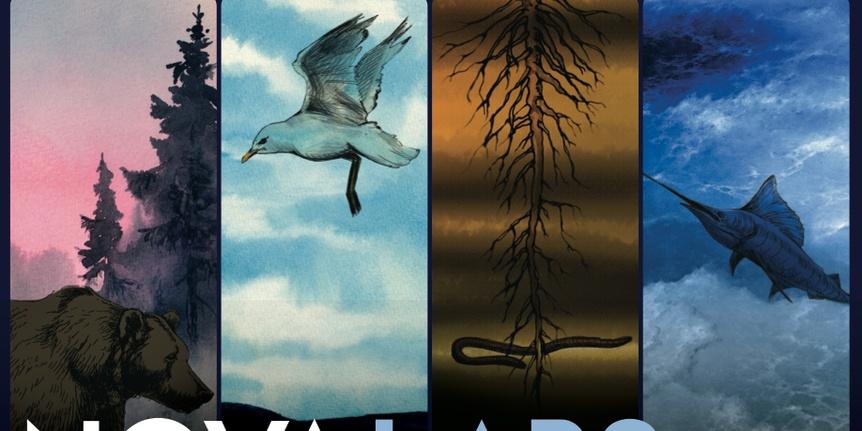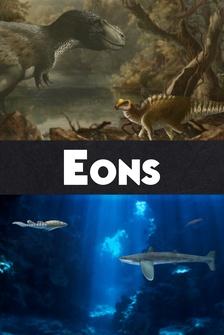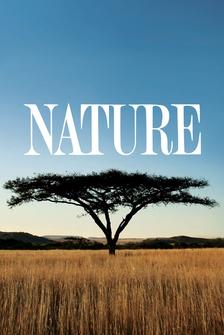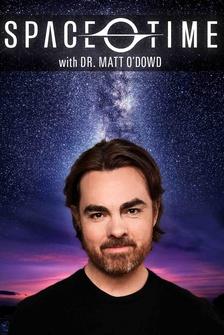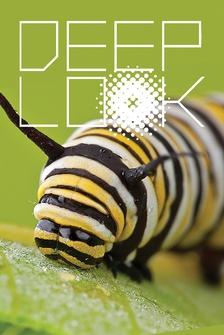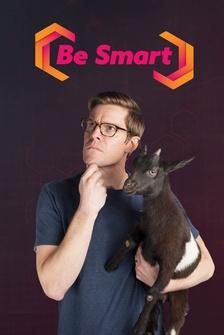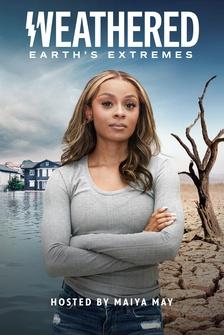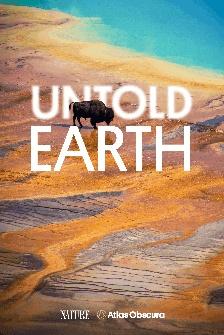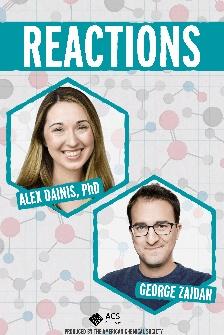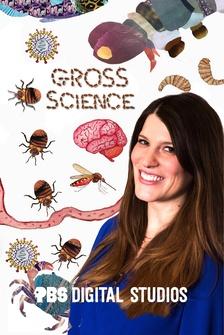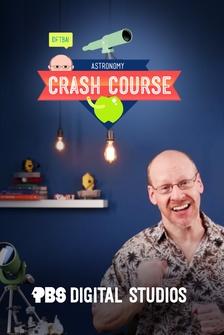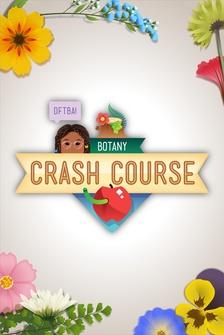(metal squeaking softly) (soft ambient music) - [Trever] You need to be able to go out on pretty much any waterfront.
And you could hear the sea lions roaring like motorcycles out on the front beach, or pretty much anywhere you went.
Nowadays for sea lions, I mean, you can go pretty much all the coastline within the bay area and go without seeing a single sea lion.
Back when I first started learning how to hunt, wasn't a problem.
(ambient music softly fades) A lot of what I remember as a young kid was basically being in the outdoors, pretty much living a subsistence lifestyle any way we could.
And for us, that meant setting crab pots and setting long lines, and going out halibut fishing by pole.
And then just slowly waiting for each species to fish to come out throughout the months, and I mean, that's just basically my calendar.
My name is Trever Schliebe.
I'm from Unalaska or Dutch Harbor, and I am 24 years old.
Anything that I can take from nature and put on the table for the family is what I would consider subsistence.
I would just say it's a good source of food security for us, and we rely quite a bit on being able to live a subsistence lifestyle.
It is definitely important to the community because not a lot of people have access to the resources where we do traditional subsistence hunting or fishing.
So I'm not only fishing or hunting for myself, it's for other community members, too.
- [Marie] When they say, "How come you go birds, fish, plants, berries, tidal foods," it's something we can eat throughout the year if we preserve it right.
Subsistence is so important to me.
Here's the parts of the birds they learn about.
Cute, huh?
And there's another color by number color guide.
My name is Marie Schliebe.
I'm from Alaska.
I'm from here, raised here.
I'm the Head Start lead teacher here for the full day program.
I have three boys.
Trever, he's my middle son.
We teach three to five year olds, and it's basically, the way I think about it is like family style, like anything they're doing at home, we're teaching them here.
Oh look at.
Here's the (speaking foreign language), emperor goose.
(speaking in foreign language) is a Canadian geese, so this is what they've learned this last week.
The different birds.
And then here, we go over this poster.
This is the (speaking in foreign language) unit, and then the nutrients.
Here's what I was talking about.
Comparing the chicken and the wild duck.
Well, I like to fish and hunt.
For instance, during the wintertime, we love a hunt ptarmigan and cook it up.
Like I said, we just did the bird unit here in the classroom.
So, these were already cleaned.
They're the breasts of the bird, and we just got 'em just this last month.
Okay, so where are we gonna set up?
(water rushing quietly) - Ptarmigan and are just, in the winter time, they're these little birds that I'd say are like the size of pigeons.
In comparison, I guess you can say they're just like grouse.
Yeah, the bottom one.
And it's a pretty simple process for cleaning 'em.
It's just split right down the middle.
I'll let it soak overnight in salt water.
After we soak it, I'll freeze the whole breast plate, and then once we're ready to cook them up, basically fileting off of the bone and getting as much meat off there as you can.
- [Marie] So this is a good, impressive start.
- [Trever] Every time you drop off something, you always hear a story of how they miss it and what they used to do and where they used to go, and those are the moments you try to cherish and remember.
The number one complaint that I always hear is, "When are you gonna get a sea lion?"
And that's just the hardest to come by 'cause they're not as abundant in numbers anymore.
And so, that's like, my number one question is, "Wen are you gonna get me a sea lion or a cow?"
(soft ambient music) (soft music continues) - [Vince] For the last, maybe five years, I've seen the population drop in sea lion, and they're not getting the nutrition that they need, for one thing.
We're losing the ice in the Bering Sea.
Climate has a lot to do with it.
Sea temperature.
And that changes the whole idea of where the food for them is at.
It's moving north, and it's gonna be that way until we find a way to cool down the water.
I don't know if that could happen.
It means to me, we have to continue to teach our young people the importance of taking care of the environment.
It's about life, culture, and a way of living.
We honor that fish, we honor that seal, that halibut that which gave itself up for you to survive, so you gotta take care of it, and teach that value.
Trever came up through the system at Camp Q, and, over the years, has been curious about hunting, fishing.
He understands the value of taking care of a subsistence life.
Just take what you need.
Don't take any more than that.
If you're gonna share it, then take what you're gonna share and make sure you deliver.
- [Trever] Anytime that I can be on the water, I'll be out on my boat.
It's just a calming sense to be on the water, and out there practicing your traditional ways.
Now being one of the main hunters, my job is basically selecting a student and passing on the knowledge.
It's definitely rewarding, just knowing that I'm able to pass on knowledge from my mentors.
and now I am in that position where I can be viewed as a mentor.
- I think there's only maybe one or two my age that actually go hunting anymore.
With Trever, it's been, in watching his growth as a hunter and a fisherman, his value will be that if he trains and moves it on to younger people.
- [Instructor] You were doing it last time?
- [Student] Yeah.
- [Instructor] Okay.
We're trying to keep most of the blubber off, And then we used to watch the elders do it, and then we didn't do it for a long time.
They wouldn't let us touch it because they put holes in the hide, so.
(children chattering) (voices echo and fade softly)


